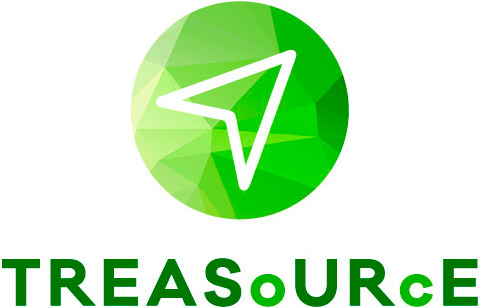
The selected demo sites are Rudskogen Motorsports Centre in Viken County, Norway, and the municipally owned Lempäälä House (‘Lempäälä-talo’) in Lempäälä, Finland. Furthermore, a third demo site is under consideration for commissioning in the second half of 2023. The pilot is led by the Norwegian research organisation SINTEF and the battery systems will be supplied by the Norwegian company ECO STOR AS.
There are multiple economic, environmental, and social benefits to using the BESS. The system stores excess energy from solar panels which in turn is used to cut power peaks for the facilities. In this way, the BESS can be used to shift energy consumption to reduce the energy cost and provide stabilization for the entire power grid. From an environmental perspective, the use of second-life batteries helps to reduce environmental impacts and save critical minerals and other natural resources by extending the life cycle of the batteries.
Rudskogen is a large motorsport centre that was selected by the Norwegian government as the national motorsport arena in 2005. The centre went through a major upgrade and renovation in 2011. At present, additional investments will ensure new building infrastructure that will significantly improve the quality of facilities at Rudskogen, including installation of solar panels. The new buildings are under construction and will be operational in autumn 2023. Rudskogen will have a BESS with a rated capacity of 120 kWh and rated power of 60 kW.
“Rudskogen Motorsports Center wishes to choose good and sustainable solutions in connection with the expansion and electrification of the facilities. This will facilitate for future electrification of the sport,” says Bård Mikkelsen, Chairman of the board for Rudskogen Motorsports Center AS. Collaboration with Viken County is underway to have the arena certified as an Eco-Lighthouse. This is expected to be in place by May 2023.
Lempäälä House is a modern building completed in 2020 in the municipal centre of Lempäälä. It is often referred to as a common living room for citizens, offering several services such as Lempäälä’s main library, a centralized service corridor, a restaurant and a gym. Energy efficiency and environmental issues have been strongly considered throughout the building’s construction phase and life cycle calculations have been used to guide the design solutions. Lempäälä House will be supplied with a BESS with a rated capacity of 80 kWh and rated power of 40 kW.
”The pilot sounded immediately interesting and especially the application of demand response is very topical. Lempäälä House is very energy efficient to begin with, it has its own solar panel system and sufficient space to store the batteries, so we thought it was very suitable to be a demo site in the project. We’re very excited to see the results so we can further apply them in our future projects as well,” says Ulla Palo-oja, Construction manager of Lempäälä municipality. The easy replicability of the demonstrations across Europe and beyond is one of the key objectives of the TREASoURcE project. This is supported by the universality of the benefits created by the BESS.
The battery systems will be operating and collecting data for research until 2026. The operation of the systems will be optimized throughout this period based on the data and experience. After the project period, the battery systems will still be operational to fully utilize the resources, and the system can be easily relocated if necessary.
About TREASoURcE
TREASoURcE is an initiative funded by the European Union under the Horizon Europe research and innovation programme with a total budget of EUR 9.99 million. The four-year project (2022-2026) is coordinated by VTT Technical Research Centre of Finland Ltd, and the consortium consists of 17 partners from six European countries. The partner organisations include four research and technology organisations or universities: VTT, SINTEF, SDU, TalTech; seven cities and regions: Forum Virium Helsinki, EcoFellows Ltd, Business Tampere, Viken County Council, Fredrikstad kommune, City of Tallinn, Tartu City; a rural and primary producers’ union MTK; two small and medium size enterprises: GreenDelta, CLIC Innovation; and three industrial partners: Topsoe, Polyfuels Group AB and ECO STOR. Project website: https://treasource.eu/
For more information, contact
Mathias Winther Thorsen, Battery Systems Engineer, ECO STOR AS
mathias.thorsen@eco-stor.no, +47 913 95 282
Fride Vullum-Bruer, Senior researcher, SINTEF Energy
fride.vullum.bruer@sintef.no, +47 986 67 654
